
This article is more than
2 year oldNew details surrounding the Wagner mercenary group’s dramatic march on Russia have revealed how Vladimir Putin scrambled to extinguish the largest challenge to his leadership in years.
Yevgeny Prigozhin, the enigmatic figure at the helm of Wagner Group, abruptly called off his march on Moscow just hours before the assault, following menacing threats from Russian intelligence services targeting the families of the mercenary group’s leaders.
According to sources within British intelligence, this stunning revelation adds a new layer of complexity to the months-long power struggle between Prigozhin and the upper echelons of the Russian defence ministry.
Prigozhin’s decision to halt the advance on the Russian capital, after securing control over Rostov-on-Don, one of the nation’s largest cities, was motivated by a purported desire to spare Russian bloodshed.
However, UK security officials argue that there may be a more profound agenda at play — a calculated move by the Kremlin to suppress one of the most significant challenges to President Vladimir Putin’s longstanding rule.
The Telegraph newspaper, citing anonymous officials, goes on to report that the actual number of fighters at Prigozhin’s disposal was far fewer than the boasted 25,000, amounting to a mere 8,000 combatants who would have likely faced certain defeat in any attempt to capture Moscow.
The Kremlin announced on Saturday that Prigozhin, in exchange for a pardon from treason charges, would be exiled to Belarus despite being publicly declared a traitor.
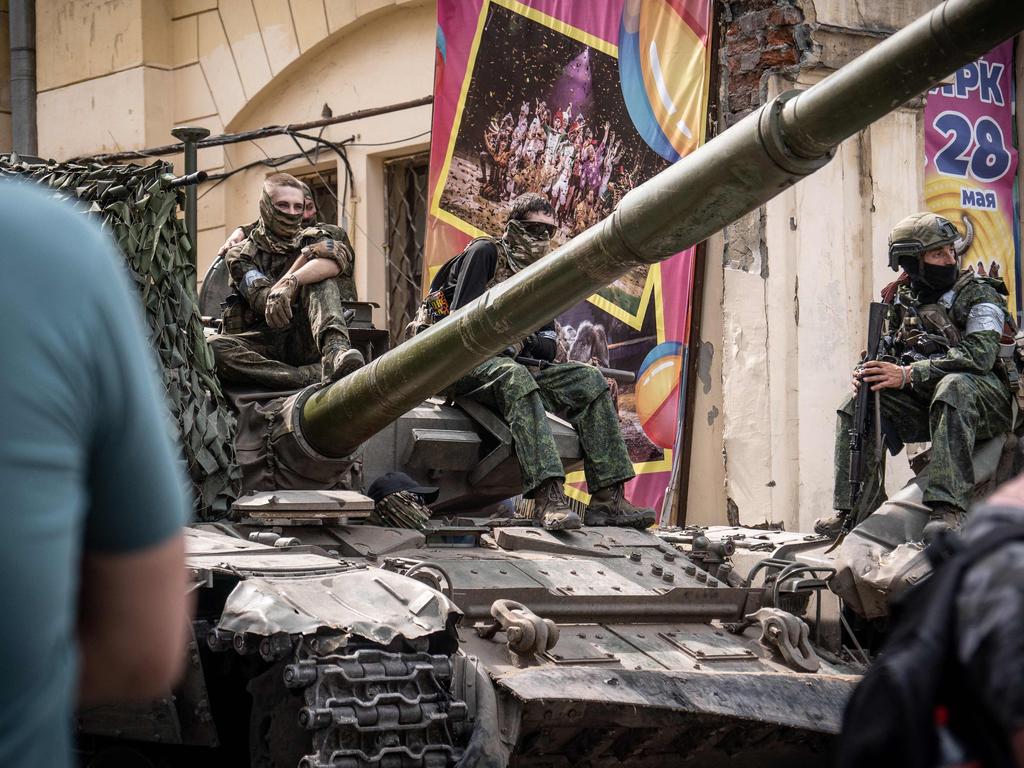
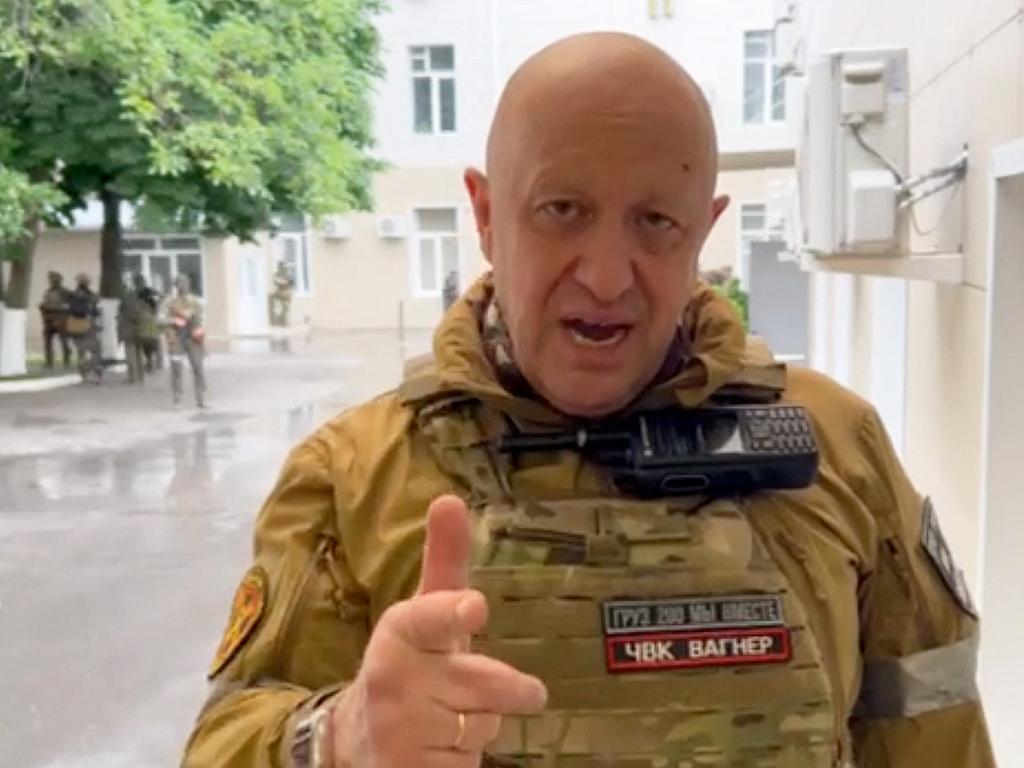
Considering Putin’s track record of treatment against political adversaries, the offer for Prigozhin to merely depart the country has left analysts in a bind.
Over 24 hours have elapsed since Belarusian President Alexander Lukashenko brokered the deal.
Belarus’s state-run Belta news service disclosed that Putin expressed gratitude to Lukashenko during a late-night phone call on Saturday, acknowledging his role in the negotiations that led to the agreement.
The Kremlin said that Putin has guaranteed safe passage to Belarus for the Wagner leader, and that criminal charges of mutiny against him and the involved fighters will be dropped.
“Putin had to make concessions and actually surrender, and instead of defeating Prigozhin, he had to negotiate with him and give security guarantees, demonstrating in public his vulnerability,” noted Kirill Rogov, a former Russian government advisor who now runs a Vienna-based think tank.
This unexpected turn of events has thrust Putin’s vulnerability into the spotlight, a stark departure from his typical stance of invulnerability, as Rogov further suggests.
Russia is now in the process of dismantling emergency restrictions to swiftly restore a semblance of normalcy. Roadblocks hastily erected on highways leading into Moscow were removed on Sunday, though Monday was declared a non-working day by Mayor Sergei Sobyanin due to the imposition of a “counterterrorist regime” in the capital.
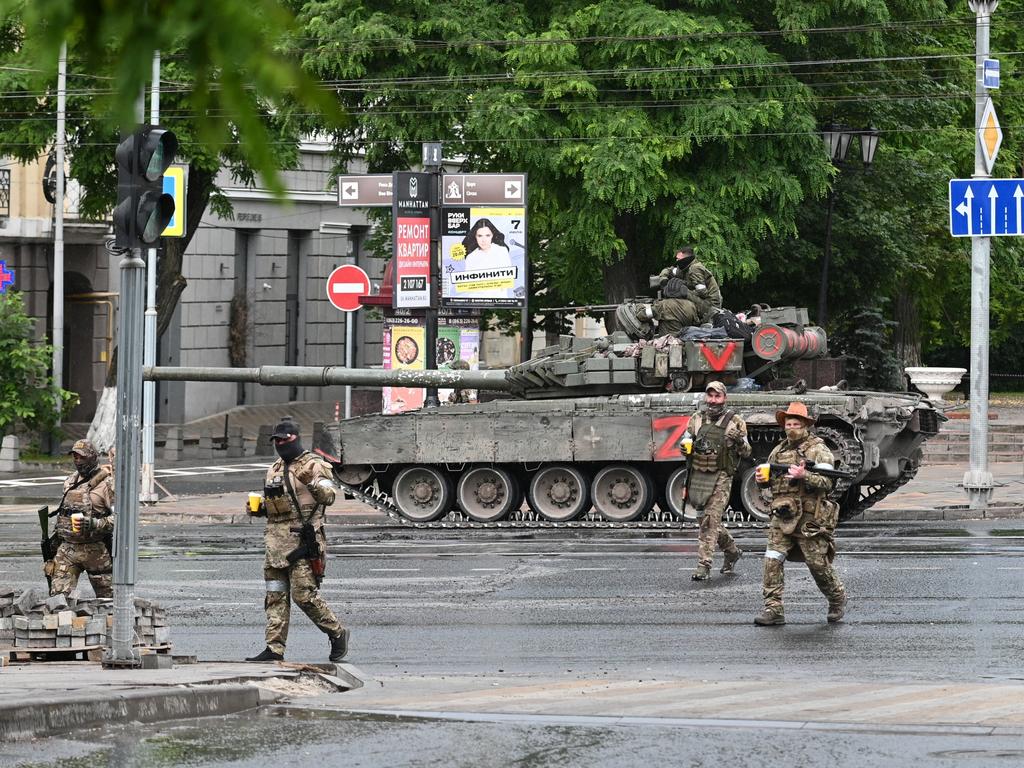
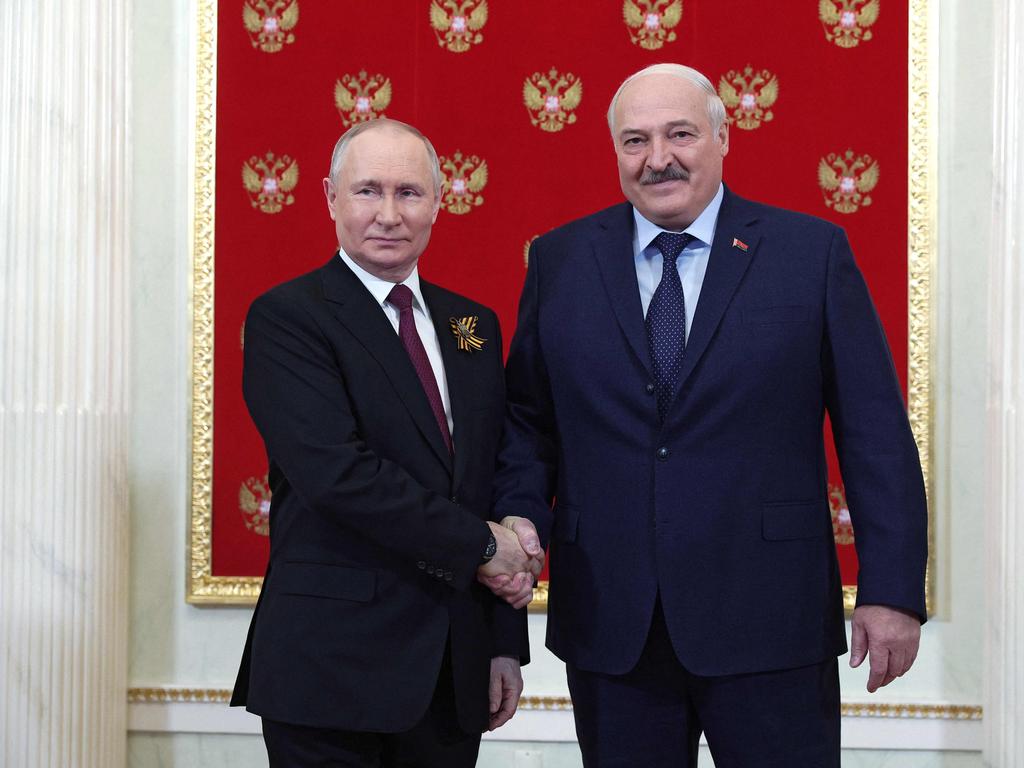
The Moscow Exchange has confirmed that trading will proceed as usual, as affirmed by a statement from the Bank of Russia.
Regional officials in Rostov-on-Don, Voronezh, and Lipetsk have reported that Wagner troops have evacuated their territories and are en route to their field bases. American intelligence sources, according to US media reports, had foreseen Prigozhin‘s potential attempt to foment an insurrection in the Kremlin.
Although the precise timing of the United States’ awareness of the plot remains unclear, intelligence officials held briefings on Wednesday with administration and defence personnel.
However, the US officials, aware of the delicate nature of the situation, refrained from taking decisive action. If they had intervened overtly, Putin could have accused them of orchestrating a coup, an outcome they were undoubtedly keen to avoid.
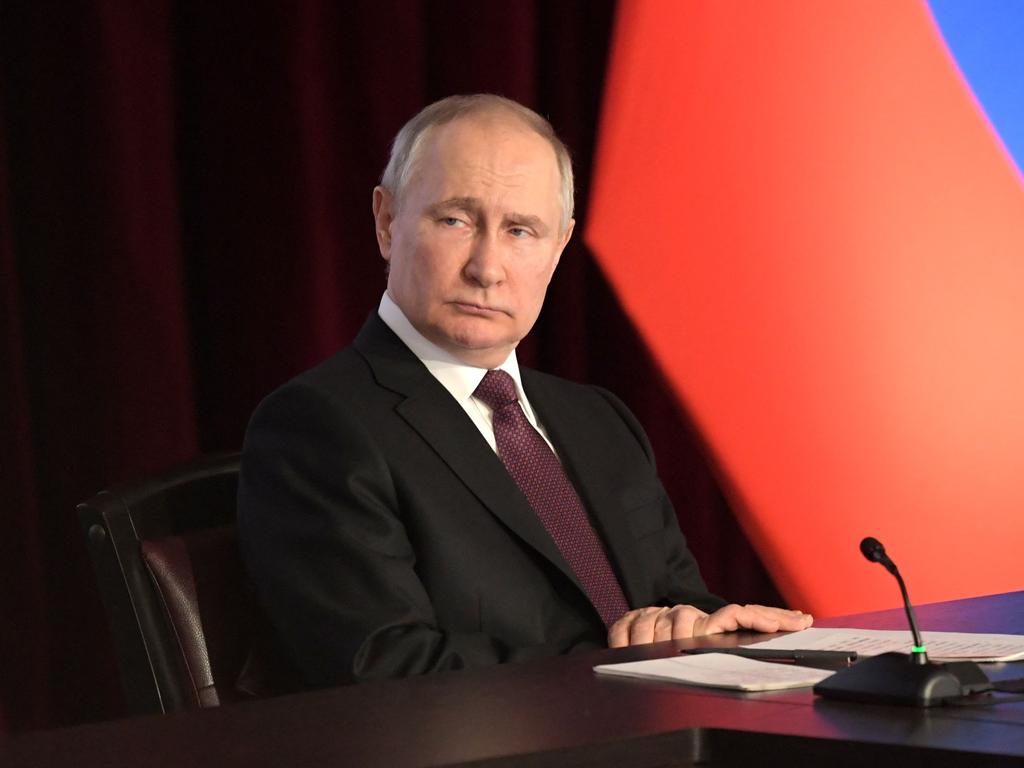
The New York Times suggests that the US had little interest in extending a helping hand to Putin, as it would have resulted in shielding him from a significant and potentially embarrassing fracturing of his support base.
This latest act of aggression within Russia‘s internal landscape serves as a stark reminder of the underlying tensions fuelled by the ongoing conflict in Ukraine, which has strained Russia’s ability to adequately supply its troops.
As the curtain falls on this chapter of the Wagner crisis, the fallout and reverberations of this power play will undoubtedly continue to reverberate within the Kremlin.